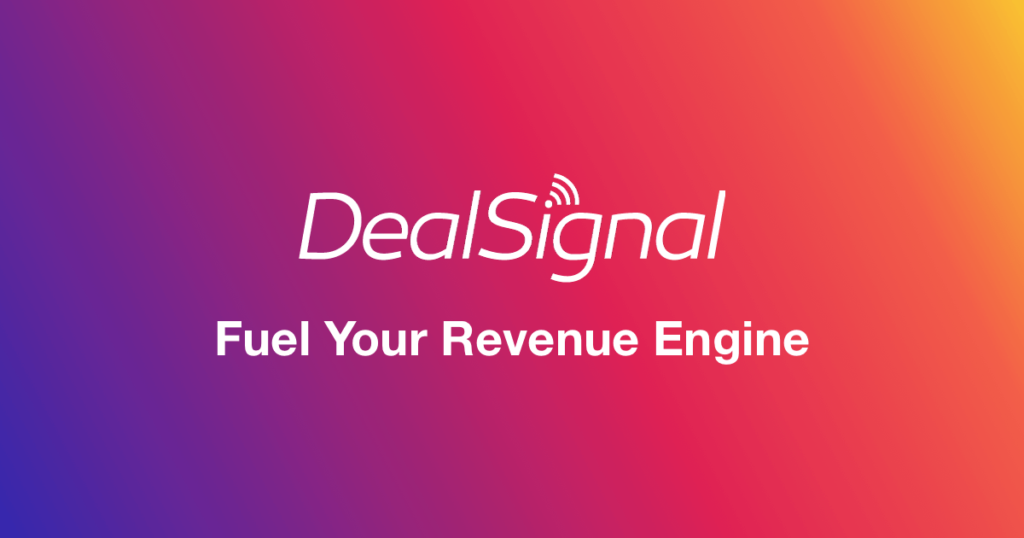Intent-based data refers to information collected from various online behaviors and interactions that indicate an individual or a business’s specific interest or intent related to a particular product, service, or solution. This data is used by businesses to enhance their targeted marketing and sales strategies by reaching out to prospects who are actively seeking relevant information or solutions.
Intent-based data provides valuable insights into a prospect’s behavior and interests, allowing businesses to tailor their marketing and sales efforts to better meet the needs of their audience. By understanding what potential customers are looking for, businesses can deliver more relevant and timely experiences, ultimately leading to higher engagement and conversion rates.
Key Aspects:
- Behavioral Signals: Data derived from online activities such as search queries, website visits, content consumption, and social media interactions that reflect a prospect’s interests and intentions.
- Engagement Tracking: Monitoring how prospects interact with digital content, including frequency and depth of engagement, to gauge their level of interest.
- Contextual Insights: Understanding the context behind the interactions, such as the specific topics or problems being researched, to better address the prospect’s needs.
- Data Sources: Information collected from a variety of online sources, including search engines, websites, social media platforms, and content consumption behaviors.
Benefits:
- Improved Engagement: Delivers more relevant and timely content to prospects, leading to higher engagement and interaction rates.
- Higher Conversion Rates: Increases the likelihood of converting leads into customers by targeting those with clear intent and interest.
- Enhanced Personalization: Allows for more tailored marketing and sales approaches, addressing specific needs and preferences of prospects.
- Efficient Resource Allocation: Helps in focusing marketing and sales efforts on high-potential leads, optimizing resource use and reducing waste.
- Competitive Advantage: Provides insights into prospect behavior that can be used to differentiate offerings and better address market demands.
Overall, Intent-Based Data is a powerful tool for optimizing marketing and sales efforts by providing actionable insights into prospect behavior and interests. By leveraging this data, businesses can create more effective and personalized strategies, resulting in improved engagement, conversion rates, and overall business success.
« Back to Glossary Index



